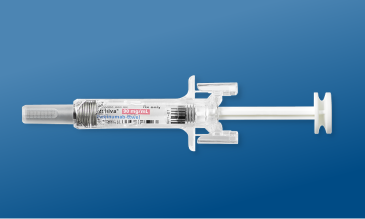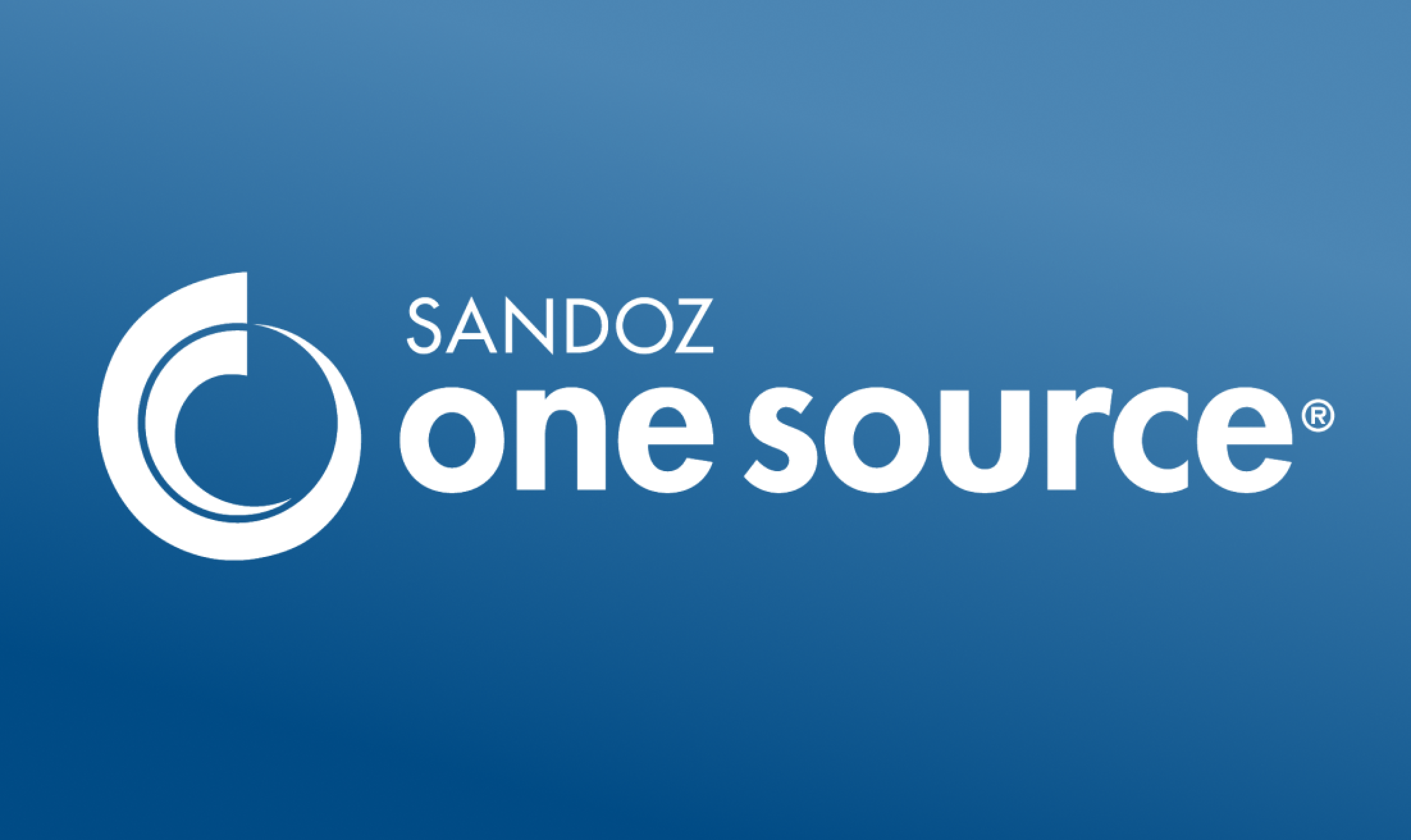Important Safety Information
CONTRAINDICATIONS
PYZCHIVA is contraindicated in patients with clinically
significant hypersensitivity to ustekinumab products or to any
of the excipients in PYZCHIVA.
Warnings and Precautions
Infections
Ustekinumab products may increase the risk of infections and
reactivation of latent infections. Serious bacterial,
mycobacterial, fungal, and viral infections requiring
hospitalization or otherwise clinically significant infections
were reported. In patients with plaque psoriasis, these
included diverticulitis, cellulitis, pneumonia, appendicitis,
cholecystitis, sepsis, osteomyelitis, viral infections,
gastroenteritis, and urinary tract infections. In patients
with psoriatic arthritis, this included cholecystitis. In
patients with Crohn’s disease, these included anal abscess,
gastroenteritis, ophthalmic herpes zoster, pneumonia, and
Listeria meningitis. In patients with ulcerative colitis,
these included gastroenteritis, ophthalmic herpes zoster,
pneumonia, and listeriosis.
Avoid initiating treatment with PYZCHIVA in patients with any
clinically important active infection until the infection
resolves or is adequately treated. Consider the risks and
benefits of treatment prior to initiating use of PYZCHIVA in
patients with a chronic infection or a history of recurrent
infection. Instruct patients to seek medical advice if signs
or symptoms suggestive of an infection occur while on
treatment with PYZCHIVA and discontinue PYZCHIVA for serious
or clinically significant infections until the infection
resolves or is adequately treated.
Theoretical Risk for Vulnerability to Particular Infections
Individuals genetically deficient in IL-12/IL-23 are
particularly vulnerable to disseminated infections from
mycobacteria, Salmonella, and Bacillus Calmette-Guerin (BCG)
vaccinations. Serious infections and fatal outcomes have been
reported in such patients. It is not known whether patients
with pharmacologic blockade of IL-12/IL-23 from treatment with
ustekinumab products may be susceptible to these types of
infections. Consider appropriate diagnostic testing (e.g.,
tissue culture, stool culture as dictated by clinical
circumstances).
Pre-treatment Evaluation for Tuberculosis (TB)
Evaluate patients for TB infection prior to initiating
treatment with PYZCHIVA. Avoid administering PYZCHIVA to
patients with active TB infection. Initiate treatment of
latent TB prior to administering PYZCHIVA. Closely monitor
patients receiving PYZCHIVA for signs and symptoms of active
TB during and after treatment.
Malignancies
Ustekinumab products are immunosuppressants and may increase
the risk of malignancy. Malignancies were reported among
patients who received ustekinumab in clinical trials. The
safety of ustekinumab products has not been evaluated in
patients who have a history of malignancy or who have a known
malignancy. There have been reports of the rapid appearance of
multiple cutaneous squamous cell carcinomas in patients
receiving ustekinumab products who had risk factors for
developing non‑melanoma skin cancer. Monitor all patients
receiving PYZCHIVA, especially those greater than 60 years of
age, those with a medical history of prolonged
immunosuppressant therapy, and those with a history of PUVA
treatment, for the appearance of non-melanoma skin cancer.
Hypersensitivity Reactions
Hypersensitivity reactions, including anaphylaxis and
angioedema, have been reported with ustekinumab products. If
an anaphylactic or other clinically significant
hypersensitivity reaction occurs, institute appropriate
therapy and discontinue PYZCHIVA.
Posterior Reversible Encephalopathy Syndrome (PRES)
Two cases of posterior reversible encephalopathy syndrome
(PRES), also known as Reversible Posterior Leukoencephalopathy
Syndrome (RPLS), were reported in clinical trials. Cases have
also been reported in post-marketing experience in patients
with psoriasis, psoriatic arthritis, and Crohn’s disease.
Clinical presentation included headaches, seizures, confusion,
visual disturbances, and imaging changes consistent with PRES
a few days to several months after ustekinumab product
initiation. A few cases reported latency of a year or longer.
Patients recovered with supportive care following withdrawal
of ustekinumab products.
Monitor all patients treated with PYZCHIVA for signs and
symptoms of PRES. If PRES is suspected, promptly administer
appropriate treatment and discontinue PYZCHIVA.
Immunizations
Prior to initiating therapy with PYZCHIVA, patients should
receive all age-appropriate immunizations as recommended by
current immunization guidelines. Patients being treated with
PYZCHIVA should avoid receiving live vaccines. Avoid
administering BCG vaccines during treatment, or for one year
prior to initiating treatment, or one year following
discontinuation of treatment. Caution is advised when
administering live vaccines to household contacts of patients
receiving PYZCHIVA products due to the potential risk of
shedding from the household contact and transmission to
patient. Non-live vaccinations received during a course of
PYZCHIVA may not elicit an immune response sufficient to
prevent disease.
Noninfectious Pneumonia
Cases of interstitial pneumonia, eosinophilic pneumonia, and
cryptogenic organizing pneumonia have been reported during
post-approval use of ustekinumab products. Clinical
presentations included cough, dyspnea, and interstitial
infiltrates following one to three doses. Serious outcomes
have included respiratory failure and prolonged
hospitalization. Patients improved with discontinuation of
therapy and in certain cases administration of
corticosteroids. If diagnosis is confirmed, discontinue
PYZCHIVA and institute appropriate treatment.
Allergen Immunotherapy
Ustekinumab products may decrease the protective effect of
allergen immunotherapy (decrease tolerance) which may increase
the risk of an allergic reaction to a dose of allergen
immunotherapy. Therefore, caution should be exercised in
patients receiving or who have received allergen
immunotherapy, particularly for anaphylaxis.
MOST COMMON ADVERSE REACTIONS
The most common adverse reactions (≥3% and higher than that
with placebo) in adults from plaque psoriasis clinical trials
for ustekinumab 45 mg, ustekinumab 90 mg, or placebo were
nasopharyngitis (8%, 7%, 8%), upper respiratory tract
infection (5%, 4%, 5%), headache (5%, 5%, 3%), and fatigue
(3%, 3%, 2%), respectively. The safety profile in pediatric
subjects was similar to the safety profile from studies in
adults with plaque psoriasis. In psoriatic arthritis (PsA)
clinical trials, a higher incidence of arthralgia and nausea
was observed in ustekinumab-treated patients when compared
with placebo-treated patients (3% vs 1% for both). In the
Crohn’s disease induction trials, common adverse reactions
(≥3% of patients treated with ustekinumab and higher than
placebo) reported through Week 8 for ustekinumab 6 mg/kg
intravenous single infusion or placebo included: vomiting (4%
vs 3%). In the Crohn’s disease maintenance trial, common
adverse reactions (≥3% of patients treated with ustekinumab
and higher than placebo) reported through Week 44 for
ustekinumab 90 mg subcutaneous injection or placebo were
nasopharyngitis (11% vs 8%), injection site erythema (5% vs
0%), vulvovaginal candidiasis/mycotic infection (5% vs 1%),
bronchitis (5% vs 3%), pruritus (4% vs 2%), urinary tract
infection (4% vs 2%), and sinusitis (3% vs 2%). In the
ulcerative colitis induction trial, common adverse reactions
(≥3% of patients treated with ustekinumab and higher than
placebo) reported through Week 8 for ustekinumab 6 mg/kg
intravenous single infusion or placebo included
nasopharyngitis (7% vs 4%). In the ulcerative colitis
maintenance trial, common adverse reactions (≥3% of patients
treated with ustekinumab and higher than placebo) reported
through Week 44 for ustekinumab 90 mg subcutaneous injection
or placebo were nasopharyngitis (24% vs 20%), headache (10% vs
4%), abdominal pain (7% vs 3%), influenza (6% vs 5%), fever
(5% vs 4%), diarrhea (4% vs 1%), sinusitis (4% vs 1%), fatigue
(4% vs 2%), and nausea (3% vs 2%).
Provide the Medication Guide to your patients and encourage
discussion.



